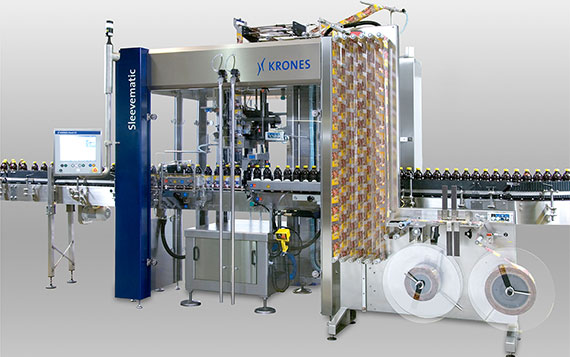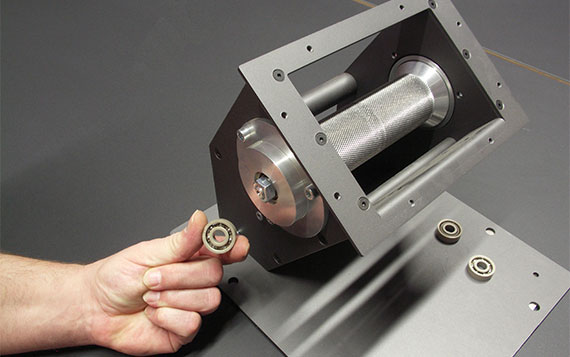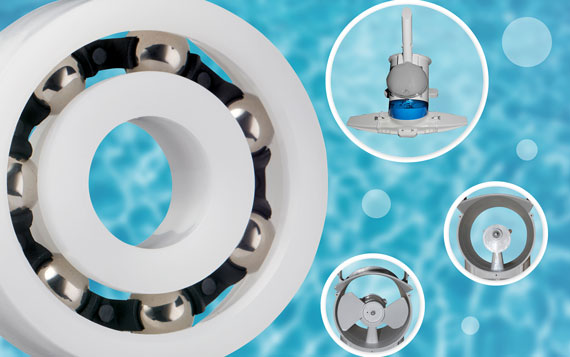Ball bearings have become indispensable in mechanical engineering. There are various ball bearing designs for which mass and technical composition of the components depend on the specifications of the industrial application. The following list shows the most frequently used ball bearings and where they are used:
Deep groove ball bearings according to DIN 625:
This ball bearing shape is designed to handle radial forces and is used wherever components rotate. In the automotive industry, for example, deep groove ball bearings can be found in the chassis, where they support and guide the axles. There is always radial force when the axis rotates.
Angular ball bearings according to DIN 628:
The bearing is designed to handle both radial and axial forces in a given direction. Angular ball bearings allow greater speeds and reduce friction for a wide variety of loads. Angular ball bearings are used in the bike industry, the automotive industry and in machine tool spindles.
Self-aligning ball bearings in accordance with DIN 630:
This ball bearing type is generally used in applications with long shafts. This is associated with the assembly problems arising from holes in the housing. Axial forces are important in self-aligning ball bearings. These forces need to be kept low, since the running grooves in the outer ring have limited contact surfaces for the rolling elements. This type is used for general-purpose mechanical engineering.
Thrust bearings according to DIN 711:
Thrust bearings serve to receive axial loads. There are single-row and double-row versions, and this type is already being used in medical technology and the packaging industry.
Where are xiros polymer ball bearings used? Our top three applications
Low-friction operation wins over customers
xiros polymer ball bearings are inserted into up to 36 guide rollers that have a film deflection function and are replacing the metallic bearings that have been used so far. They ensure uninterrupted operation with optimum running properties and coefficient of friction.

High temperature resistance
Even though there are high temperatures in this mechanical pellet stove drive unit, itsxiros polymer ball bearings work without any problems. They ensure that the pellets are conveyed to the combustion chamber without electricity.

Ball bearings and water? Do they go together?
The answer is yes, since the polymer deep groove ball bearings used in this pool cleaner do not fail. Because the bearing is lubrication-free, problems associated with short service life and corrosion can be eliminated.

